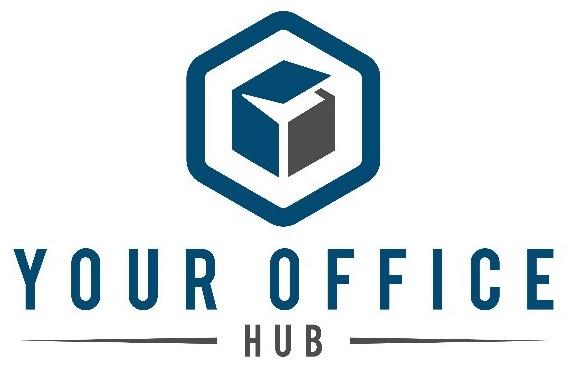Virtual Reality (VR) has transcended its origins in the gaming world to revolutionize various fields with immersive, interactive experiences. By simulating realistic scenarios and environments, VR is not just about entertainment; it's a tool that enhances education, therapy, real estate, and more. This blog explores the innovative ways VR is being applied across different sectors, transforming how professionals work and how consumers engage with various services.
1. Education and Training
Interactive Learning Environments:
- VR in education transports students to three-dimensional environments that enhance learning through interaction and immersion. Whether it's a virtual tour of ancient Rome or a deep-sea exploration, VR makes learning vivid and engaging.
Skill Development and Simulations:
- Various professions, including medicine, aviation, and engineering, utilize VR to simulate real-life scenarios for training purposes. For example, medical students can perform virtual surgeries, offering a hands-free way to practice and hone their skills without risks.
2. Healthcare and Therapy
Treatment of Psychological Conditions:
- VR is proving to be a powerful tool in the treatment of conditions like PTSD, anxiety disorders, and phobias. By recreating controlled environments that expose patients to their fears and triggers, therapists can safely guide them through coping mechanisms and therapy sessions.
Physical Rehabilitation:
- Virtual reality applications help in physical rehabilitation by creating interactive scenarios that promote movement and exercise in a controlled environment. This is particularly beneficial for stroke survivors and individuals with mobility impairments.
3. Real Estate and Architecture
Virtual Tours and Showcases:
- VR technology allows potential buyers to take virtual tours of properties from anywhere in the world, providing a realistic sense of the space without needing to visit in person. This not only saves time but also widens the market reach for real estate professionals.
Architectural Visualization and Modification:
- Architects use VR to visualize and modify architectural designs in real-time, allowing them to walk through a structure and assess design elements before construction begins. This helps in making more informed decisions about space utilization and aesthetics.
4. Retail and E-Commerce
Virtual Stores and Try-Ons:
- In the retail sector, VR enables customers to try on clothes, accessories, or even test gadgets virtually before making a purchase decision. This enhances the customer experience, offering a try-before-you-buy option that mirrors the physical shopping experience.
5. Tourism and Exploration
Virtual Travel Experiences:
- VR can transport users to remote destinations, from the peaks of mountains to the depths of oceans, all from the comfort of their homes. This is not only a boon for those unable to travel but also offers a sustainable alternative by reducing the carbon footprint associated with travel.
Challenges and Future Prospects
While the applications of VR are vast, challenges remain, such as the high cost of VR equipment and the potential for motion sickness in some users. As technology advances and becomes more accessible, these barriers are expected to diminish, paving the way for more widespread adoption of VR across all fields.
Conclusion
The potential of Virtual Reality extends far beyond gaming, touching nearly every industry by transforming how we learn, work, shop, and relax. As VR technology continues to evolve, its applications will only expand, further integrating into daily life and operations across various sectors. For professionals looking to stay ahead of the curve in utilizing VR technologies, it is crucial to stay informed and proactive in exploring how VR can benefit your field. With VR, we are not just seeing the world through new eyes, but shaping it with experiences once thought impossible.

